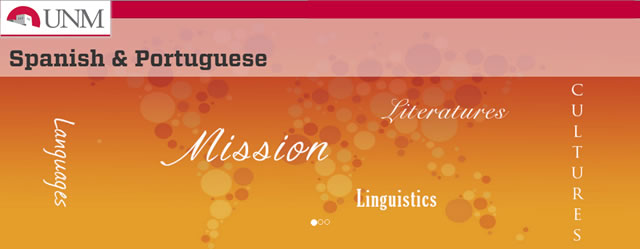
Spanish and Portuguese ETDs
Publication Date
Spring 5-4-2023
Abstract
The elderly population (60 years or older) has been increasing during the past decades around the world and is expected to reach two billion by 2050 (Scult, Haime, et al 2015). However, the misconception that elderly people are uncapable, or incompetent is still part of the imaginary constructed around such populations (Minichiello and Coulson, 2005). Older adults present powerful functional capacities and social activities lead to better performance and slower decreases in their memory and executive function (Scott, Masser, & Pachana, 2020). Thus, second language learning plays an effective role in enabling active and regular engagement in social and psychological tasks. This study discusses psychosocial impacts of aging and suggests a teaching approach which considers and targets such impacts. Fifteen elderly participants in Juiz de Fora (Minas Gerais, Brazil) were exposed to L2 teaching interventions, documented their needs and interests in SLL and were assessed on how they responded to self-efficacy and community engagement as teaching strategies. This investigation culminated in the proposal of SLL pedagogical approaches to older adults, arguing in favor of a more diverse and inclusive access to education.
Degree Name
Spanish (MA)
Level of Degree
Masters
Department Name
Spanish and Portuguese
First Committee Member (Chair)
Dr. Eva Rodríguez González
Second Committee Member
Dr. Jessica Carey-Webb
Third Committee Member
Dr. Patrícia Nora de Souza Ribeiro
Language
English
Keywords
second language learning, second language acquisition, aging
Document Type
Thesis
Recommended Citation
Rinaldi Souza, Leticia. "Aging and Learning: Community Engagemente and Self-efficacy in L2 Teaching to Elderly Learners." (2023). https://digitalrepository.unm.edu/span_etds/146
Included in
European Languages and Societies Commons, Latin American Languages and Societies Commons
